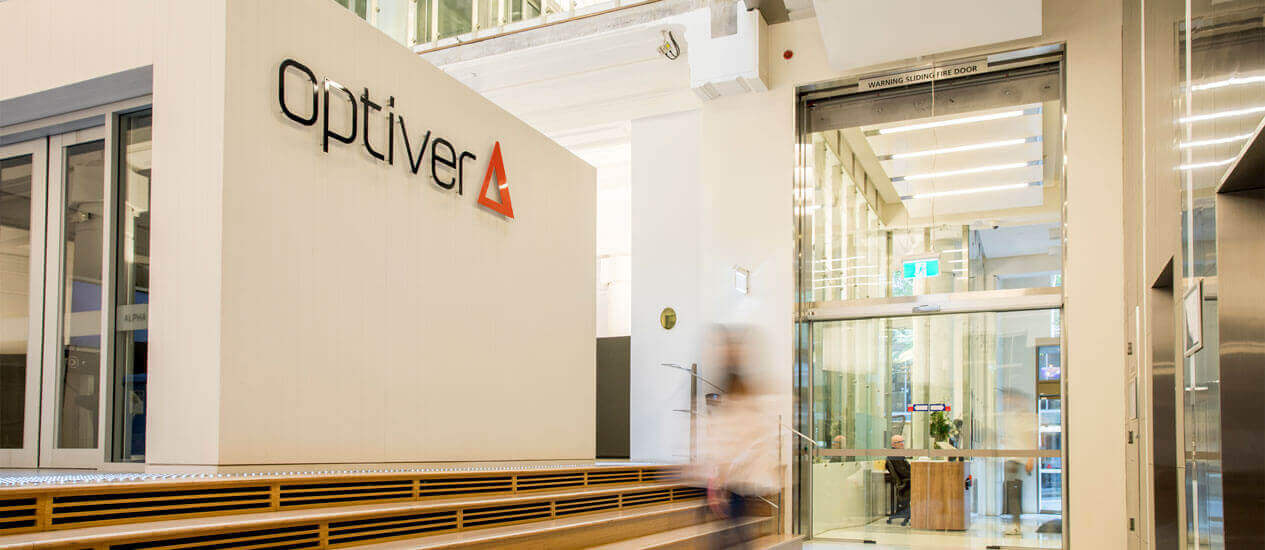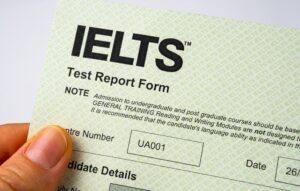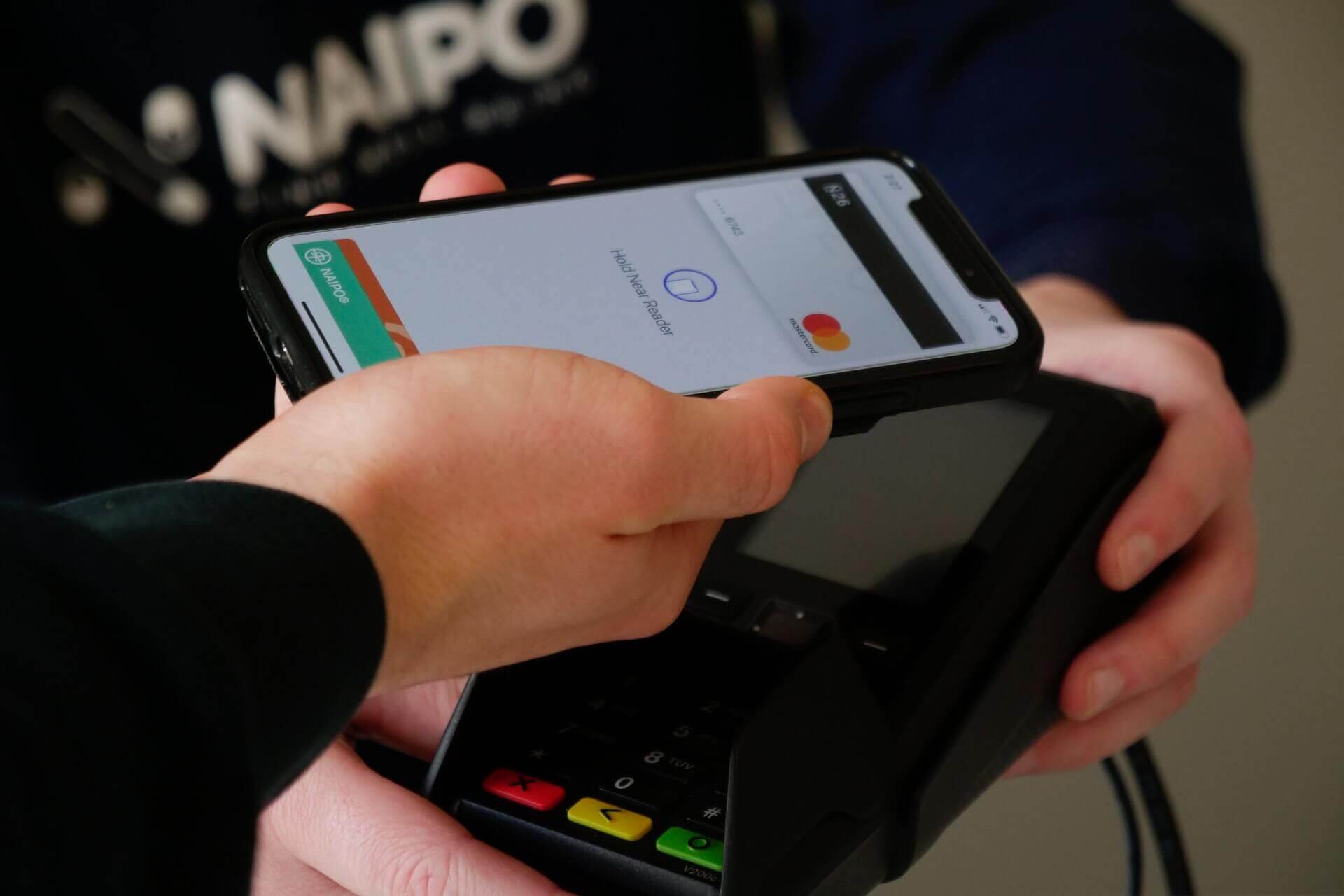Home » Archives for July 2021 » Page 2
KUALA LUMPUR, 6.7.2021 – Final year computer science students across New Zealand are offered up to NZ$215,000 for their first job as the worldwide demand for fresh graduates in the field is getting increasingly competitive.
The startling offer was made by Optiver, a global financial technology company who posted a job advertisement for graduate software developers on an Auckland University jobs board.
 Image source: optiver.com
Image source: optiver.com
Besides the impressive starting pay, fresh graduates who work in Optiver get to enjoy working in a flat organizational structure, casual dress code, chef-made meals, and even weekly massages.
Additionally, Optiver’s spokeswoman clarified that the pay and benefits is not exclusive to higher levels of qualification, as they are also applicable to undergraduates.
Although there wasn’t a shortage of IT graduates in the job market, the main problem lies in finding staff and fresh graduates with skills that align with the company’s goals.
Thus, getting into Optiver requires more than just a degree. Applicants will go through a series of tests and interviews to display the necessary skills the company needs, as well as for the company to gauge their compatibility with the team.
“Optiver relies on the skills of our immensely talented employees who develop the algorithmic trading strategies and custom-built technology. Most of our hires are top achievers from a science, technology, engineering and mathematics background,” she added.
Liam Scott-Russell, a final year student majoring in mathematics and computer science stated that Optiver is one of the top companies that fresh graduates apply to, despite knowing about its challenging tests and interview process.
With the borders closed due to Covid-19, New Zealand employers are reaching out to universities to engage with and train potential candidates.
Scott-Russell said, “One thing I have definitely noticed is employers’ outreach on the campus has gone up a lot. We are starting to get more employers holding events, talking to students and sponsoring clubs, so they can set up a pipeline to recruit talent earlier, as opposed to just hoping people apply in their final year.”

Jocelyn Cheng
Jocelyn Cheng (JC) is an INFP writer seeking to spread inspiration and spark connections through her words. Her dedication to writing has gifted her with an ability to write for multiple platforms (e.g., website, social media, newspaper, magazine, etc) in different fields, namely Education, Travel, and Healthcare. JC personalizes her works by adding a touch of her own experience into the mix whenever she can to relate to her readers. A self-proclaimed poet and currently a freelance writer, she's working on an untitled poetry book at home while juggling between writing for Eduloco, dancing, and keeping her only plant alive.








 Image source:
Image source: 
 Image source: Unsplash
Image source: Unsplash







 Access to on-campus facilities such as libraries are restricted.
Access to on-campus facilities such as libraries are restricted.
